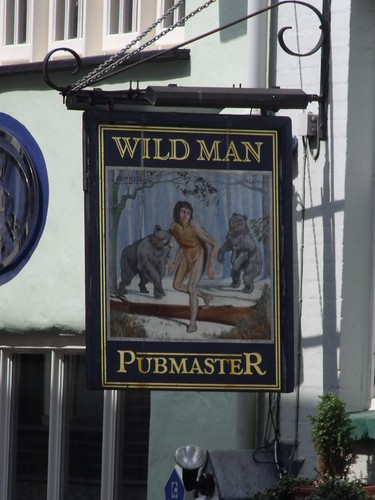Of course it might also have had something to do with the slightly sketchy free pizza I ate, which by the time it was given to me, had likely been at room temp for three going on four hours.
So the idea was to sit down and weld together some crafty words that led us to what I hoped was an inevitably funny conclusion that interacting with students is as close as I get to the scary, nature-based interactions of old (and of not-so-old if you're one of those extremist and/or outdoorsy types), like wrestling bears, and foraging food, and fording rivers. Of course, it's hard to make fun of my own proclivity to not interact with nature/people when more than one of my writer friends heard my woes and declared something to the tune of this is what happens when you're not a hermit like us and have to go interact with real people.
Everything, I guess, is a matter of perception.
I'd try to ponder witty comments about nature, wild men, living in the rough wilds, and kept coming up with only: nature is brutish and short. One of those catch phrases that you work so hard to memorize that it sticks with you even when any useful associated context has long washed away.
This is Hobbes, possibly Locke. As in the political philosophers of bygone centuries. And apparently of all the stuff of my Origins of Western Civilization class senior year of high school "The State of Nature is nasty, brutish, and short" is the only thing that's stuck. Well, that and Kent, our teacher, standing up at the front of the room shouting every twelfth word or so, as well as dropping in the word "sex" as often as possible. Not because he was a pervert with Tourette's, but because he was doing his best to keep twenty eighteen-year-olds awake at 8:30 in the morning while discussing, of all things, philosophy. It wasn't a bad theory, but it totally desensitized me to the word "sex" used in a classroom setting.
Kent had been a Peace Corps volunteer in a location he referred to only as Persia. At the time I understood that this was somewhere in the Middle East, but as Persia wasn't the name of any then-current political entity, it would take me years to realize precisely where his stories were all set. He'd loved it there. This wasn't a man who waxed eloquent about anything, and yet you could tell that he thought the country was beautiful (and not the endless desert my teenage imagination had supplied for the region). He talked about the people, he talked about fields of grass so tall it could completely hide a man walking through it, but mostly he talked about how it was so sad for us, his students, that given modern politics, we'd never set foot in the Persia he'd known.
The State of Nature is nasty, brutish, and short; sex; Persia; and the bean jar. These are Kent's legacy to me.
The bean jar theory was all-Kent and far easier to remember than any theory from Hobbes or Locke. "You get a jar," Kent said, "and the first year you're married, you put a bean in for every time you have sex. Then after the first year, you take a bean out for every time you have sex." Then with a short slash of his hand, Kent told us: "You'll never empty the jar."
Top photo credit: "Wild Man Pubmaster - Norwich - pub sign" by Elliott Brown via Flickr.


